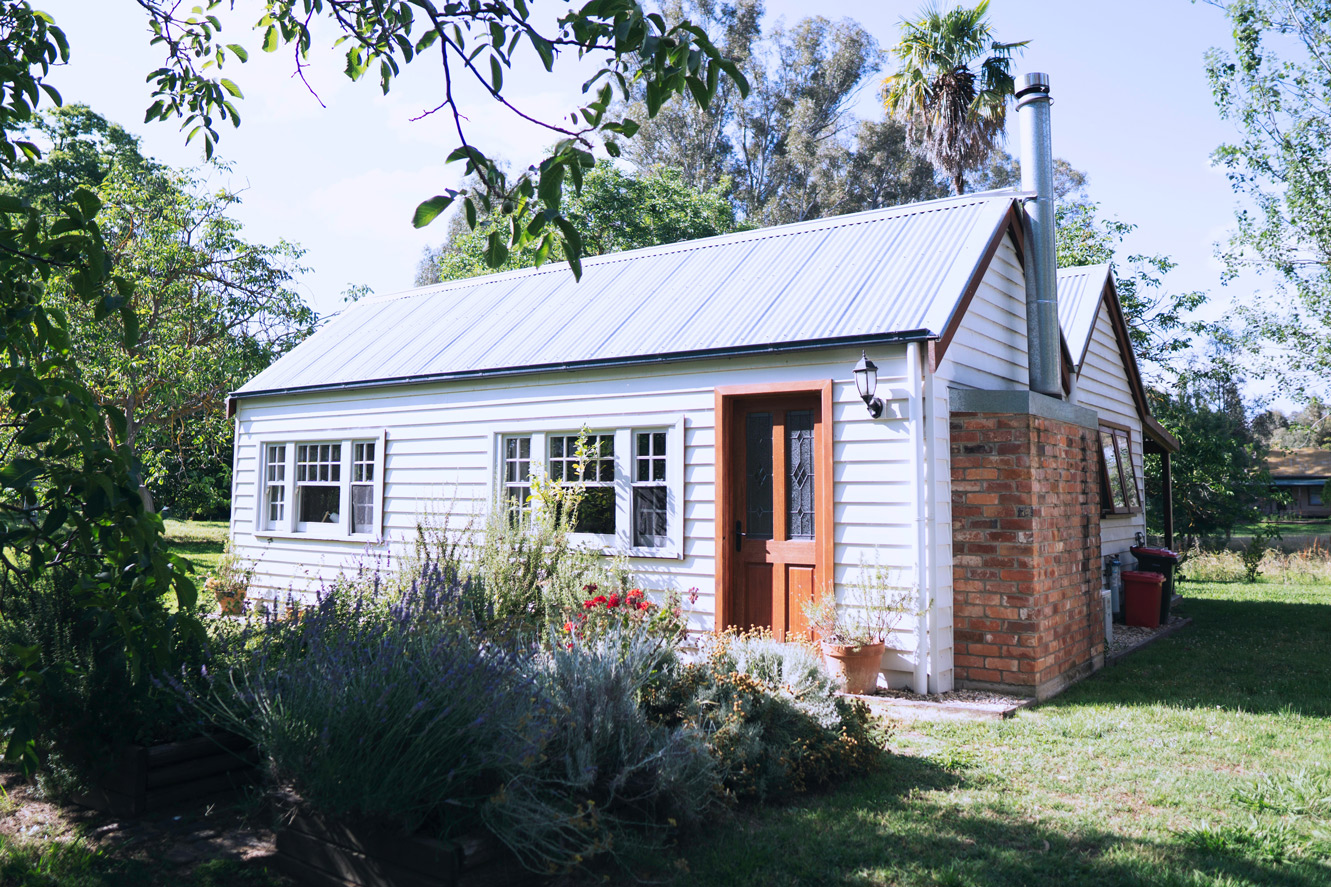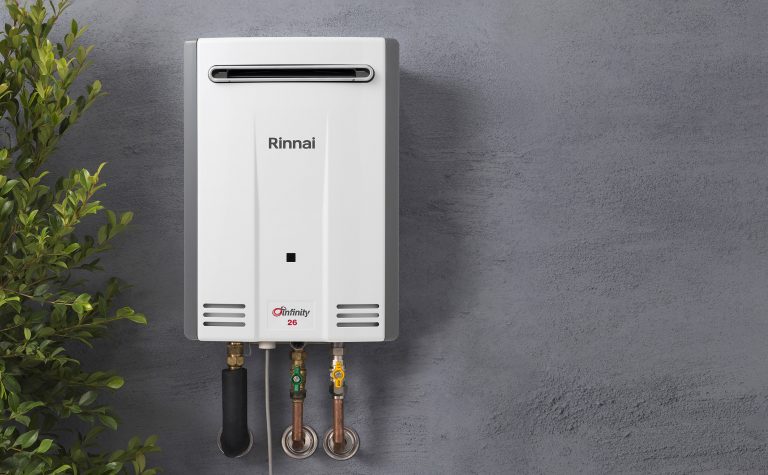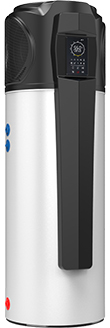
The average Australian spends 25% of their household’s energy usage on hot water, bringing the total spend to hundreds of dollars each year. With hot water being such an integral part of our everyday lives, there’s more reason for us to choose the right system for our home.
The variety of hot water systems include electric, solar, gas and heat pump. But how do you know which is best?
We’ve done the heavy lifting comparing the pros and cons for you. Read on to learn how to choose the best hot water system for your home.
Types Of Hot Water Systems
Electric
Electric hot water storage systems are quite common in Australian households – about 50% of the population uses it. These systems function by heating water in an insulated tank using an electric element.
Solar
This is an option that is becoming increasingly popular in Australia. As the name suggests, solar hot water systems derive their energy from the sun to heat water.
Solar hot water systems are more effective in warmer climates. Since you can’t always have sunshine, these systems usually come with an electric or gas booster to ensure you never run out of hot water.
Gas

Gas powered hot water systems make up 48% of hot water heaters in Australia, making them almost as popular as electric hot water heaters.
Gas heaters can be divided into 3 main types – gas storage water heaters, instantaneous or continuous flow gas water heaters and solar water heaters with instantaneous gas boosting.
Continuous flow is the most common type of gas water heater. All gas heaters generate heat through a gas burner and transfer this heat to the water.
Heat pump

Finally we have heat pumps. Heat pumps are increasing in popularity in Australia because it can be a compact yet effective system
A heat pump hot water system is a type of water heating system that transfers thermal energy between spaces. Heat is extracted from the surrounding air and then absorbed by a refrigerant, which goes through a compressor and increases its temperature.
For a more detailed description on how it works, check out our article on why you should consider getting a heat pump hot water system.
Pros And Cons Of Each System
Picking the right hot water system for your home requires knowing the pros and cons of each system. Let’s take a look at each of them:
Electric
| Pros |
|
|
|
| Cons |
|
|
Solar
| Pros |
|
|
|
| Cons |
|
|
|
Gas
| Pros |
|
|
| Cons |
|
|
Heat pump
| Pros |
|
|
|
| Cons |
|
|
How Do I Decide What’s Best For Me?
Below are some factors to consider when choosing a hot water option for your home.
- Storage tank or continuous flow
- Upfront costs
- Household size
- Government rebates
Storage Tank Or Continuous Flow
Storage tanks are available in all types of hot water systems i.e. electricity, gas, solar and heat pumps. As the name suggests, this type of system stores hot water in a tank. The advantage of storage tanks is that the hot water is ready to go when you need it and it has a low upfront cost.
However, the capacity of storage tanks are limited and if there’s high demand at a particular time, it takes time to heat the water. Also, storage tanks require quite a bit of space to be installed and are not very energy efficient.
Continuous flow/instant hot water is available in gas and electric powered systems. It works by heating the cold water using a heating element as and when needed. The beauty about instant hot water systems is that they offer a continuous supply of hot water. They’re also more energy efficient than their counterpart, which makes the running costs quite cheap.
But the upfront costs of instant hot water systems are more expensive than storage systems. Also, during high demand periods the system will take longer to supply hot water.
Upfront Costs Comparison
| Upfront Costs | |
| Electric system | $300 – $1,500 |
| Gas system | $900 to $2,000 |
| Solar system | $2,000 – $7,000 |
| Heat Pump system | $2,500 to $4,000 |
Solar hot water systems and heat pump hot water systems are on the pricier side but the good news is that they pay for themselves in the long run.
You’ll find that if you make the switch from conventional hot water systems like gas and electric to solar or heat pump hot water systems, your hot water costs will reduce by at least 50%.
So choosing between these 4 options depends on you and what type of an investment you’re looking to make from your purchase.
Household Size
On average, one person uses about 50L of water per day. You should be arranging an appointment with an expert to get a good understanding of how much hot water you would need and what is the suitable system for your household. But as a general idea, you can refer to this guide:
- Small household (1–2 people): Instant hot water system (gas/electric) or a small gas storage hot water system.
- Medium household (3–4 people): Gas systems (instant/storage), or a heat pump.
- Large household (5 people or more): Multiple instant hot water systems, multiple gas storage units (more economical) or a large heat pump hot water system.
Government Rebates
Solar and heat pump hot water systems are eligible for certain government rebates.
For Victoria, to be eligible for the rebate you’re required to:
- have a combined yearly household income of less than $180,000
- be an owner-occupier of a home valued < $3 million
- be replacing an existing hot water system that is > 3 years old (since date of purchase)
- have an eligible hot water system installed on/after 19 August 2018
- choose a product that is on the Clean Energy Regulator’s register of solar water heaters
Bear in mind that the above is not an exhaustive list and rebates and incentives can change from time to time. It would be in your best interest to do your own research on government websites to confirm the eligibility requirements for each incentive.
Pick The Right Hot Water System For You
The right hot water system for you is the one that suits you and your family’s needs. With so many options to consider, it can be tricky to land on the best solution. But once you’ve considered all the advantages and disadvantages, you’d have a much better idea of what system may work best for you.
If you’re looking for a professional hot water system or a heat pump specialist to provide advice on what may be the best option for you, Gaschill is here to help.


